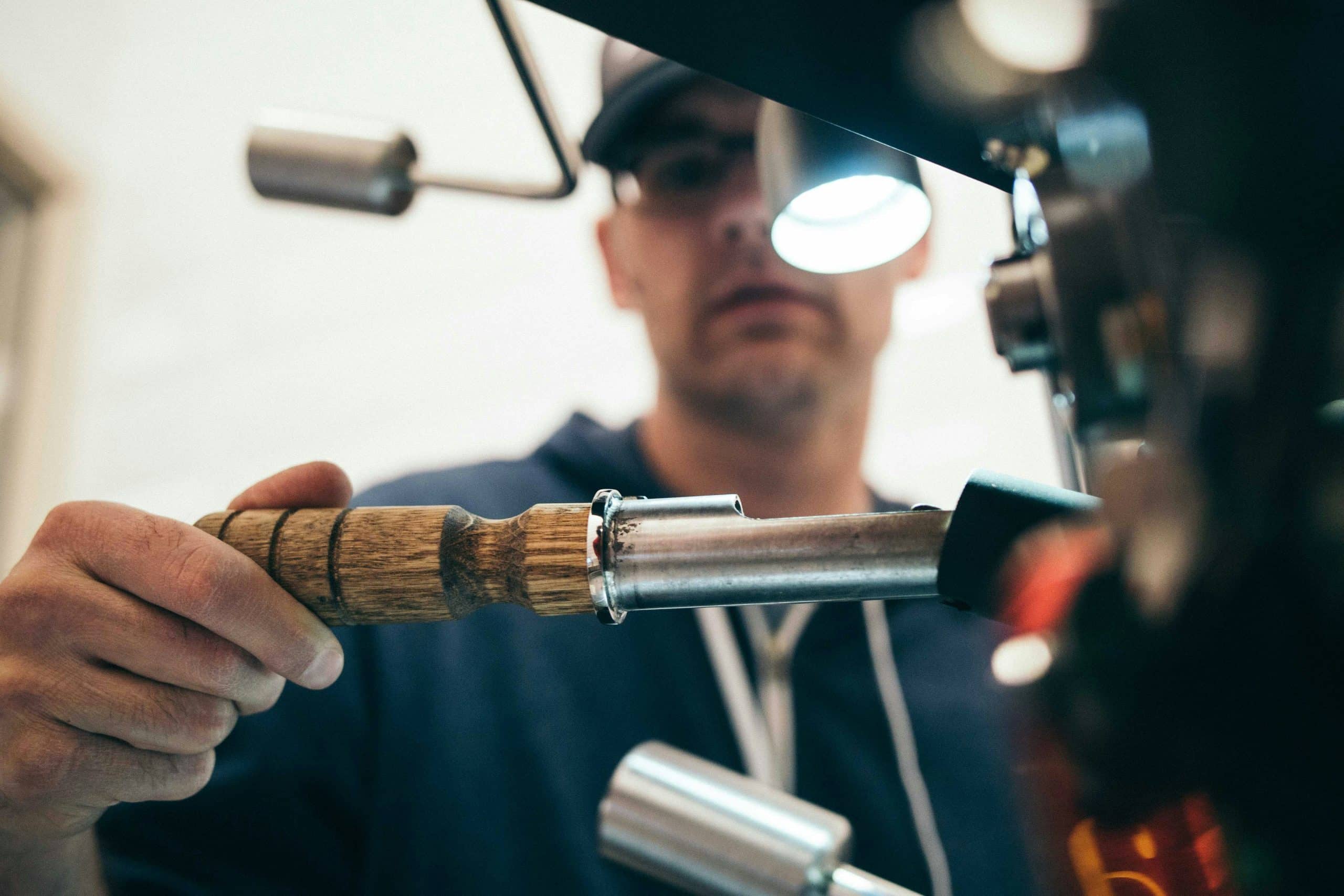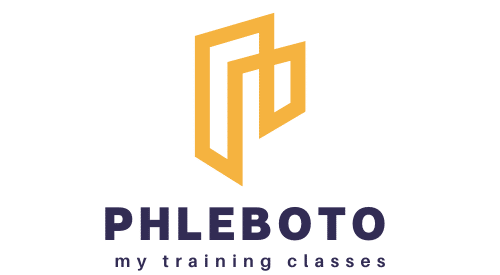What innovative approaches can be used for water-efficient plumbing systems in real estate developments?

The global water crisis is increasing the urgency to develop innovative solutions that ensure water sustainability. The building industry plays a pivotal role in this area, particularly in the realm of plumbing systems. As real estate developers, you need to be informed about the latest technologies and practices that can make your structures more water-efficient. This article will take you through some innovative approaches currently making a difference in the world of water-efficient plumbing.
Smart Water Systems: An Introduction to the Future of Plumbing
In the ever-evolving world of technology, smart systems are transforming the way we manage utilities. Water systems are not left out of this development. The adoption of smart water systems is fast becoming a significant trend in the real estate industry, providing a path to efficient water management and conservation.
En parallèle : How to create a resilient real estate investment strategy in the face of climate change?
Smart water systems include a range of technologies designed to monitor, control, and optimise water use. These systems use sensors and meters to collect data on water usage, which can then be analysed and used to identify leaks, monitor consumption, and even predict future usage. This real-time monitoring and management can lead to significant reductions in water use.
There are various types of smart water technologies. For instance, smart irrigation systems can adjust watering schedules based on weather forecasts and soil moisture levels, reducing water waste. Similarly, smart showers and faucets can provide users with data on their water usage, encouraging more efficient use.
Dans le meme genre : What are the best practices for conducting due diligence in overseas property investments?
Sustainable Plumbing Fixtures: Balancing Comfort and Conservation
The selection of fixtures in a building can significantly affect its water efficiency. Thus, when planning your projects, consider incorporating sustainable plumbing fixtures. These are designed to reduce water usage without compromising the comfort and convenience of the occupants.
Low-flow fixtures, such as showers, faucets, and toilets, are one example of sustainable plumbing fixtures. These products are designed to use less water than traditional fixtures. For instance, a low-flow showerhead can reduce water usage by up to 50% compared to standard models.
Another innovative approach is the use of greywater systems. These systems collect and treat wastewater from showers, sinks, and washing machines so it can be reused for toilet flushing or irrigation. This reduces the demand for fresh water, particularly in areas where water is scarce.
Integrating Energy Efficiency into Water Management
In discussions around water efficiency, energy factors often get overlooked. However, the two are intricately linked. For example, heating water for domestic use is a significant energy consumer. Therefore, integrating energy efficiency into water management can contribute significantly to overall resource conservation.
One way to achieve this is through the use of energy-efficient water heaters. These heaters can significantly reduce the amount of energy required to heat water, leading to lower utility bills. Solar water heaters, for instance, use the sun’s energy to heat water, making them a highly sustainable option.
Heat recovery systems are another innovative approach. These systems capture the heat from wastewater and use it to pre-heat incoming cold water, thus reducing the energy needed to heat the water to the desired temperature.
Embracing the Future: The Role of Construction in Water Conservation
Construction decisions can significantly impact the water and energy efficiency of a building. For instance, the layout of the plumbing system, the materials used, and the insulation can all affect how efficiently water and energy are used.
When designing the plumbing system, consider the pipe layout. A compact, centralised layout can reduce the amount of time it takes for hot water to reach the fixtures, thus reducing water and energy waste. Additionally, insulating hot water pipes can help to reduce heat loss, leading to further energy savings.
Selecting the right materials is also crucial. For instance, using copper pipes can help to prevent leaks, as copper is resistant to corrosion. Also, consider using dual plumbing systems that separate potable and non-potable water, reducing the demand for treated water.
As you can see, there are many innovative approaches available for creating water-efficient plumbing systems. By incorporating these into your developments, you can help to conserve water, reduce energy use, and create a more sustainable future.
Greywater Recycling & Rainwater Harvesting: Eco-Friendly Water Management
In real estate developments, a significant amount of water can be saved through the use of greywater recycling and rainwater harvesting systems. These innovative approaches represent the future of sustainable water management and are becoming increasingly popular in the construction industry.
Greywater recycling systems collect and treat water used in showers, sinks, and washing machines, which can then be reused for toilet flushing or irrigation. This reduces the demand for fresh water, especially in areas where water scarcity is a pressing issue. These systems can help to significantly reduce water consumption, making them a valuable addition to any real estate development project.
Rainwater harvesting is another method to improve water efficiency. This involves the collection of rainwater runoff from roofs and other surfaces, which can be stored and used for various non-potable applications such as irrigation, toilet flushing, and laundry. This not only conserves water but also reduces the load on the local sewer or stormwater system.
Incorporating these systems into your construction plumbing design can significantly enhance the water-saving capabilities of your development. They are eco-friendly solutions that not only conserve water but also save money by reducing water bills.
Leak Detection Systems: Real-Time Water Conservation
Leakage can be a significant contributor to water wastage in real estate developments. A small leak may seem inconsequential, but over time, it can result in substantial water loss. This is where leak detection systems come into play.
These systems use sensors to monitor water pressure and flow in real-time, immediately alerting users to any abnormalities, such as a sudden drop in pressure that could indicate a leak. The sooner a leak is detected, the quicker it can be fixed, leading to significant water savings.
Early leak detection can also prevent water damage to the property, which can be costly to repair. Therefore, leak detection systems contribute not only to water conservation but also to cost savings and property preservation.
Conclusion: Embracing Water Efficiency in Real Estate Developments
In conclusion, with the increasing scarcity of water, it’s crucial that real estate developers embrace innovative and efficient plumbing systems. From smart water systems and sustainable fixtures to greywater recycling and rainwater harvesting, many tools and technologies can facilitate effective water management.
Incorporating these systems into your developments not only helps conserve our precious water resources but also delivers significant cost savings in the long run. These approaches enhance the sustainability of your projects, rendering them attractive to eco-conscious buyers and contributing positively to your brand image.
As a real estate developer, your decisions can have a profound impact on water conservation efforts. Therefore, it’s essential to stay informed about the latest trends and technologies in water-efficient plumbing. By doing so, you can play a pivotal role in creating a more sustainable, water-efficient future.
